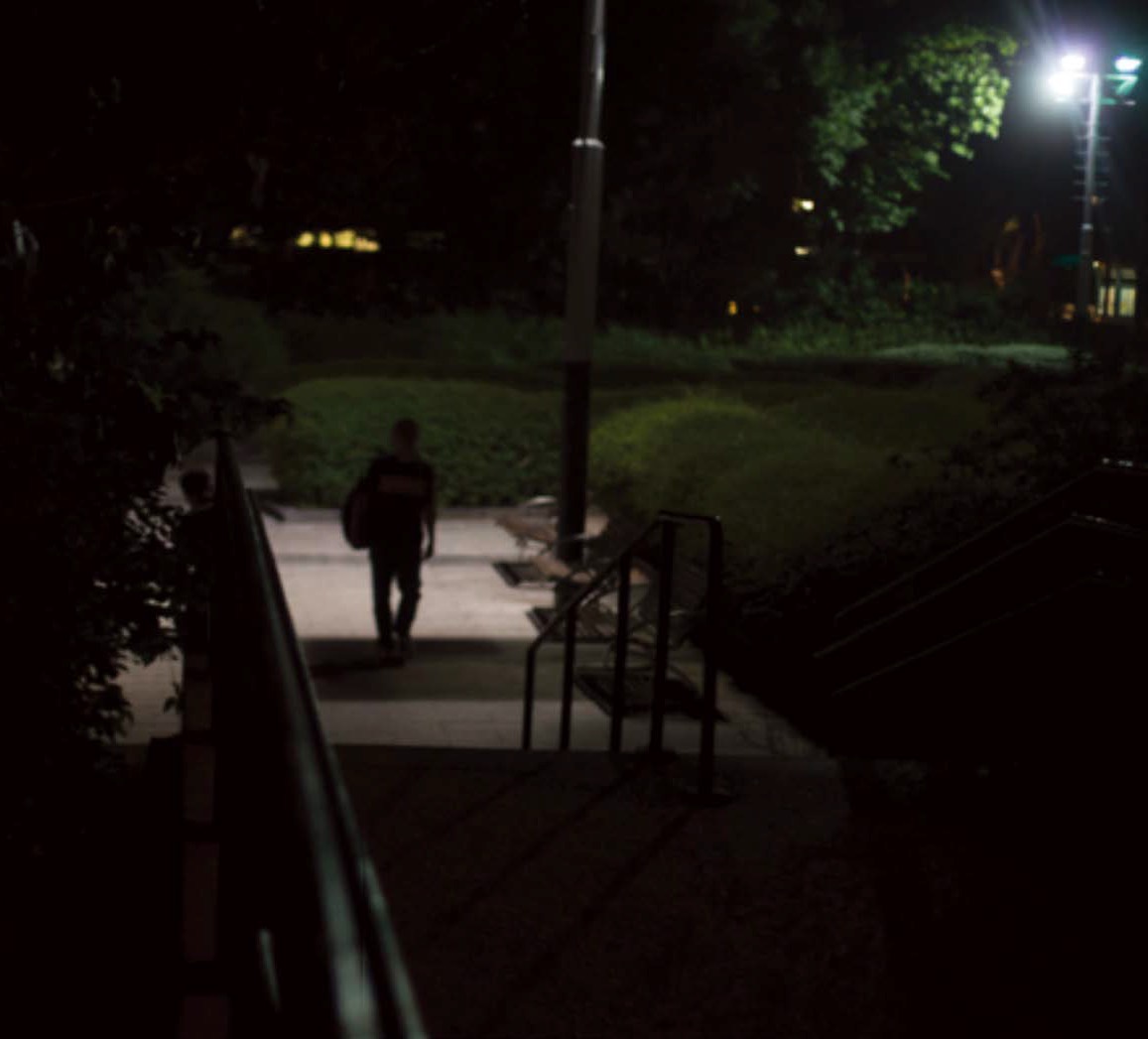Downloads
DOI:
10.31182/cubic.2019.2.020Keywords:
hong kong, postcolonial, neocolonial, performativity, authenticityAbstract
A photo essay exploring the how gender identity is deliberately constructed through social positioning within the urban landscape of Hong Kong. Hong Kong has always had a binary identity, which continues through from the postcolonial to the neocolonial. This creates layers of additional complexity around gender identity, which is explored in terms of performativity and authenticity through both the heterosexual fluidity of foreign domestic workers and through homosexual tactics of local men, within a public park in Hong Kong. By rejecting the past through a politics of disappearance, previous boundaries around fluidity, repression, and suppression continue to influence the present in a volatile neocolonial context opening questions around what is an authentic performance of self.
How to Cite
Published
Issue
Section
License
Copyright (c) 2020 Leon Buker, Gerhard Bruyns

This work is licensed under a Creative Commons Attribution 4.0 International License.
References
Butler, Judith. Gender Trouble: Feminism and the Subversion of Identity. Thinking Gender. New York: Routledge, 1990.
Cenzatti, Marco. “Heterotopias of Difference.” In Heterotopia and the City – Urban Theory and the Transformations of Public Space. Edited by M. Dehaene and L. De Cauter. Oxford, UK and Cambridge, MA: Blackwell, 2008.
Certeau, Michel De. The Practice of Everyday Life. Berkeley: University of California Press, 1984
Google. Google Maps. Accessed September 11, 2018. https://www.google.com/maps/@22.2982202,114.1739564,158a,35y,286.68h,71.25t/data=!3m1!1e3.
The Government of Hong Kong SAR. Women and Men in Hong Kong – Key Statistics. Accessed 14 December 14, 2018. https://www.censtatd.gov.hk/hkstat/sub/gender/labour_force/
Halberstam, Judith. In a Queer Time and Place: Transgender Bodies, Subcultural Lives. Sexual Cultures series. New York: New York University Press, 2005.
Halbwach, Maurice. On Collective Memory. Translated by Lewis A. Coser. Heritage of Sociology Series. London, Chicago: University of Chicago Press, 1992.
Labour Department – The Government of the Hong Kong SAR. “Importation of Labour – Foreign Domestic Helpers (FDHs).” Public Services – Policy Support. Last modified December 19, 2017. Accessed August 30, 2018. https://www.labour.gov.hk/eng/plan/iwFDH.htm
Lin, Alex. “How Hong Kong’s Kowloon Park got its name, despite public pressure to call it Sun Yat-sen Garden.” South China Morning Post, June 22, 2018. Accessed September 11, 2018. https://www.scmp.com/magazines/post-magazine/shortreads/article/2151652/how-hong-kongs-kowloon-park-gotits-name-despite
Lloyd, Moya. “Performativity, Parody, Politics.” Theory, Culture & Society 16, no. 2 (1999): 195-213. DOI: https://doi.org/10.1177/02632769922050476
Sundaram, Ravi. Pirate Modernity: Delhi’s Media Urbanism. Oxford, New York: Routledge, 2010. DOI: https://doi.org/10.4324/9780203875421
Vittachi, Nury. “HSBC's rainbow lions: Can we have our homophobia back please?” Hong Kong Free Press, December 7, 2016. Accessed September 9, 2018. https://www.hongkongfp.com/2016/12/07/hsbcs-rainbow-lions-can-homophobia-backplease/.
Ward, Colleen, Stephen Bochner, and Adrian Furnham. The Psychology of Culture Shock. New York: Routledge, 2001.
Zheng, Liang. “Neo-colonialism, ideology or just business?: China’s perception of Africa.” Global Media and Communication 6, no. 3 (2010): 271-276. https://doi.org/10.1177%2F1742766510384964 DOI: https://doi.org/10.1177/1742766510384964

